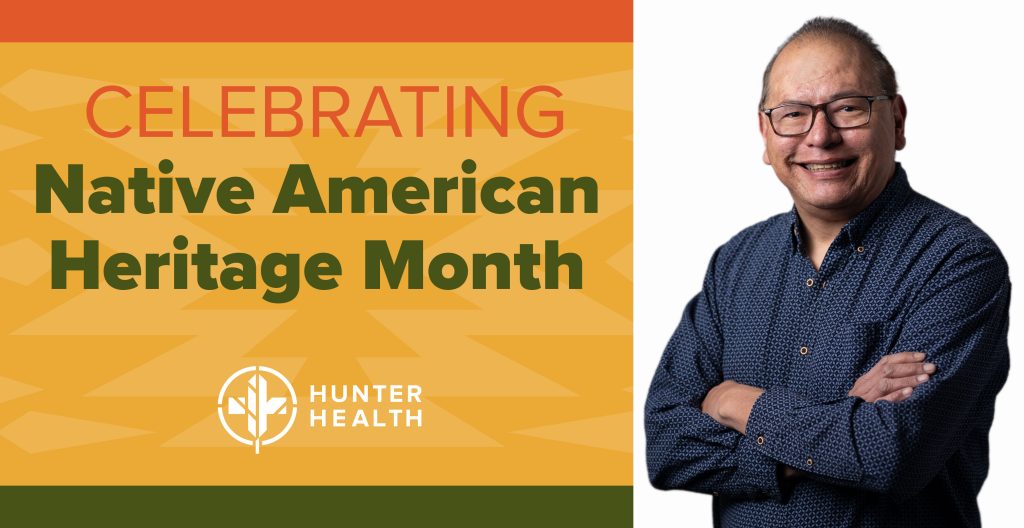As part of Native American Heritage Month, we have asked some of our Native American employees and board members to contribute to our blog as guest writers. We asked them what Native American Heritage Month means to them, and what they would want the community to know. Join us as we open our platform to new voices on our blog!
By Rod Pocowatchit
November is Native American Heritage Month. I am Comanche, Pawnee and Shawnee, and for me, this is a time to celebrate who I am. To unite with my Native brothers and sisters and say, despite everything that has happened, “We’re still here.”
That is, indeed, no small feat. And while Native American Heritage Month is certainly a time of celebration, it is also a time to shed light on continuing struggles.
For instance, violence against Native Americans and Alaska Natives far exceeds national averages, according to the Bureau of Indian Affairs.
For decades, Native American and Alaska Native communities have struggled with high rates of assault, abduction, and murder of tribal members. Community advocates describe the crisis as a legacy of generations of government policies of forced removal, land seizures and violence inflicted on Native peoples.
This has spawned the Missing and Murdered Indigenous Women movement. The Kansas chapter of MMIW has a Facebook page that is filled with faces after faces of missing Native people, mostly women. Sadly, many of these faces will never be found.
Many of these occurrences happen on tribal land, and oftentimes the acts of violence are committed by non-Native people. But tribal courts cannot prosecute non-Native people. Meanwhile, non-Native police and courts have no jurisdiction on tribal land. This leaves families, friends, and tribal members frustrated, to say the least, and feeling helpless. So nothing gets done.
But we have made strides, and things can change, be it ever so slowly.
President Joe Biden recently formally apologized to Native Americans for the “sin” of a government-run boarding school system that for decades forcibly separated children from their parents. He called it a “blot on American history.” Formally recognizing this is a small, meaningful step in the right direction.
Other changes have addressed long-time cries of injustice and the perpetuation of stereotypes.
In the world of sports, for instance, some revered names have changed, which I thought never would have happened. The Washington Redskins are now the Washington Commanders (changed in 2020), and the Cleveland Indians are now the Cleveland Guardians (changed in 2021).
Yet still, the Kansas City Chiefs remain, and while I don’t find that name as offensive as others, I think the behavior that comes with it most certainly is. Please, please, with a cherry on top, stop doing that stupid “war-cry” and the “tomahawk chop.” You’re not paying tribute to Native people, you’re mocking us, intentionally or not.
So, yes, there is still lots of work to be done. But I am grateful for the progress that has been made. We do want you to celebrate our heritage with us. But let’s make the future worth celebrating, too.
Rod Pocowatchit is the Social Media Content Specialist for Hunter Health.


